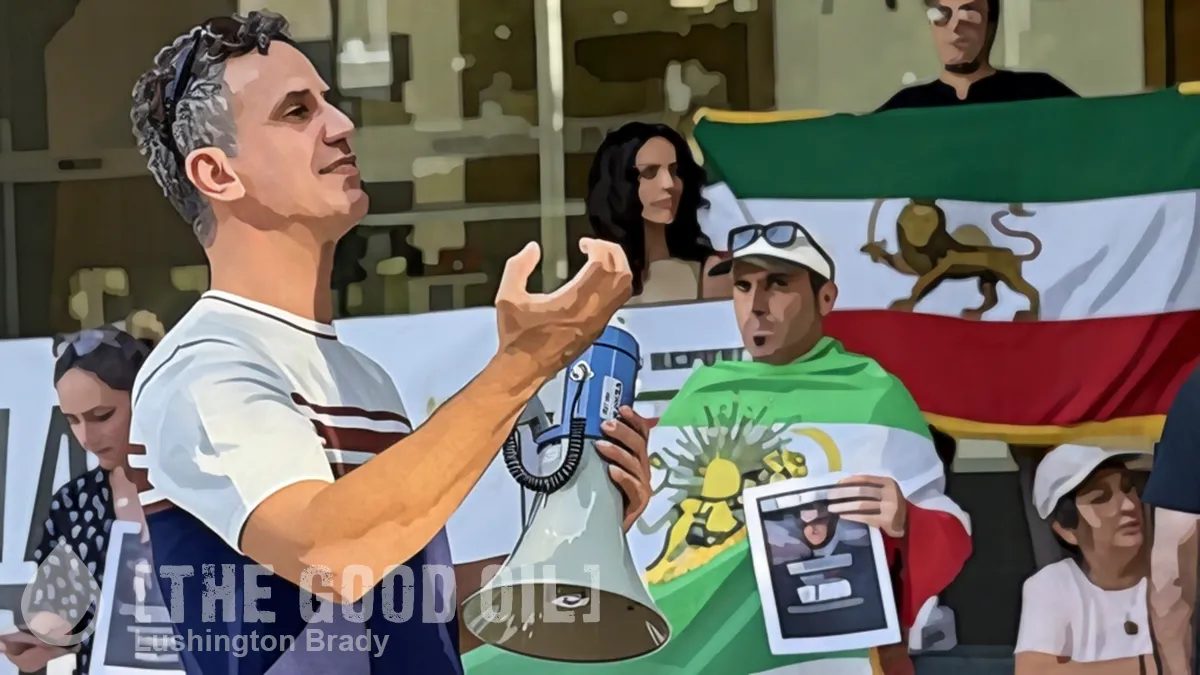Table of Contents
Tani Newton
’Tis the season for overspending and overeating, to be followed by a long summer of hardship, hunger and domestic violence. The Salvation Army have their busiest month in January.
’Tis the season to dredge up old grievances and be nasty, catty and backbiting. It’s interesting how people open up to me about this after I tell them that I don’t celebrate it.
We’ll probably be arguing for a long time to come about whether such festivals are genuinely and authentically Christian, or whether they have their origin in the unspeakably dark practices of European paganism. It’s funny that this is an argument, given that most of the evidence is on one side, but not everyone cares for evidence.
But what I was going to talk about in this article, which has already gotten off-topic twice, is the “War on Christmas”. You’ve probably heard about this – you know, Christians wailing that they are being persecuted because they’re not allowed to have a nativity display in the shopping mall, or because their children are not allowed to talk about Christmas at school but they are allowed to talk about Diwali.
And what I would like to suggest is that this isn’t actually targeted at Christianity, whether or not you think that certain things are Christian. What it’s really targeted at is the West, and the things that make us human.
When we celebrate something, in many ways it doesn’t matter what we’re celebrating. The celebration itself gives us the opportunity to affirm and to enjoy, by many socially-understood rituals and gestures, our commitment to the people who have the strongest claim on our love and loyalty. And the fact that that commitment has more weight with us than all the grievances, great and small, that inevitably arise in relationships.
These things are under attack because humanity is under attack. Whoever is driving the whole crazy thing, and wherever it’s going right now (I live with the almost unbearable tension of reserving judgement on some of these things) somebody, somewhere doesn’t want us to affirm our humanity, love our families, serve our communities or be loyal to our countries. Holidays are good for persuading us to part with money we don’t have to get things we don’t need, but woe betide us if we forgo that for anything with a deeper and more enduring meaning – whatever it is.
It’s the same with the cashless society which we’ve been moving towards for over thirty years. Think of the things that we use cash for: roadside stalls, garage sales, flea markets, busking, piggy banks, money slipped into a birthday card, an anonymous gift to a needy neighbour. These are the deeply human, social, and relational uses of money.
It hardly needs to be pointed out that the same was the case with the pandemic we didn’t have. Nothing that was done to us was likely to cause any serious problems for any pathogen, real or imaginary. The nuclear warhead was aimed at our relationships.
So I would like to suggest to my fellow Christians that we are not being targeted. Yes, ultimately the war is against God. But this particular battle is not against Christianity. It is against all of us, and our common humanity.







